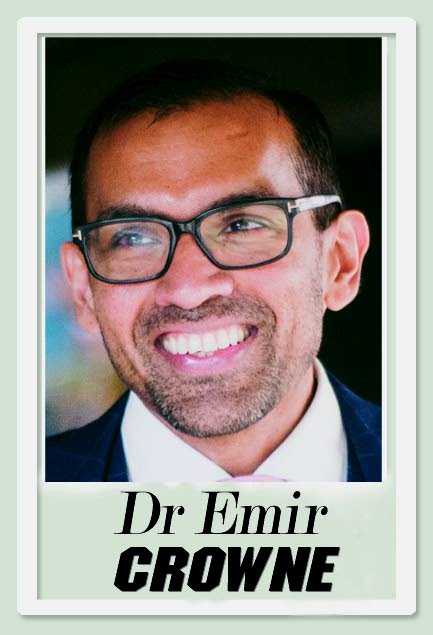Ole mas and freedom of expression

Last week, in his capacity as acting Chief Justice, Justice Jamadar issued a media release on behalf of the judiciary that urged “temperance in comments against the JLSC, CJ and the administration of Justice.” The release took issue with the ole mas that took place on the steps of the Hall of Justice on March 1, when participants held placards that were decidedly critical of the Judicial and Legal Service Commission (JLSC), the Chief Justice and the overall state of the judiciary. For instance, one of the placards referred to the JLSC as “Judicial Legal Services Confusion.” Other placards were on a similar theme, but markedly cruder.
In the judiciary’s release Justice Jamadar acknowledged the importance of freedom of thought and expression but noted that “even as the right to freedom of expression is a primary right and one without which an effective rule of law is not possible, it is not an absolute right.” In keeping with that theme, the release then indicated the “boundaries” of justified and respectful criticism.
First, and with the greatest of respect, the judiciary should not be seen as stifling freedom of thought and expression. It is dangerous. Even when one examines the above-referenced quote, it is clear that Lord Steyn was referring to the very narrow right of prisoners to give unrestricted oral interviews with the media. In fact, later in the same judgment Lord Hoffman emphasised that “parliamentary sovereignty means that Parliament can, if it chooses, legislate contrary to fundamental principles of human rights. The Human Rights Act 1998 will not detract from this power.”
In other words, unlike TT, which has entrenched constitutional protection for freedom of thought and expression, there is no such entrenchment in the UK. The UK’s Human Rights Act 1998 is “ordinary” legislation.
Therefore in my respectful view it was wholly inappropriate for the judiciary itself to disregard that rather fundamental difference between the UK and TT in seeking to chastise and squelch constitutionally protected speech.
A more appropriate constitutional analogy might have been the US Supreme Court’s position concerning disparaging trademarks, where Justice Alito held that “speech that demeans on the basis of race, ethnicity, gender, religion, age, disability, or any other similar ground is hateful; but the proudest boast of our free speech jurisprudence is that we protect the freedom to express 'the thought that we hate.'”
Furthermore, the judiciary’s own Statements of Principle and Guidelines for Judicial Misconduct state that: “A judge’s conduct, both in and out of court, is bound to be the subject of public scrutiny and comment. Judges must therefore accept some restrictions on their activities – even activities that would not elicit adverse notice if carried out by other members of the community…”. Therefore even in the absence of any constitutional protection for freedom of expression and thought, the judiciary’s own guidelines tip the balance in favour of the ole mas participants. One need only remember that ole mas itself is intended to be a satirical performance. It was one of the earliest forms of expression, social commentary and protest in this country. For the judiciary to deny both a historical right, and a constitutional one, is troubling.
That Gobin and Seepersad "unreservedly disassociated" themselves from the judiciary’s release is, however, a sign that certain members of the judiciary are alive to these issues. They rightly noted that their judicial office did not shield them from “measured critique, commentary which are defamatory, or from being held to account” for their actions whether in or out of court. They reminded the remainder of the judiciary, and reassured the public, that “respect for high office cannot be demanded, it has to be earned.”
Indeed, it is not easy to break ranks with one’s peer group, but to their credit Justices Gobin and Seepersad have repaired the damage done to the administration of justice by the judiciary’s unfortunate attempt to quell constitutionally protected speech.
Without them we might have been left with the impression that the judiciary is predisposed to protect itself at the expense of the Constitution and our cultural traditions.


Comments
"Ole mas and freedom of expression"